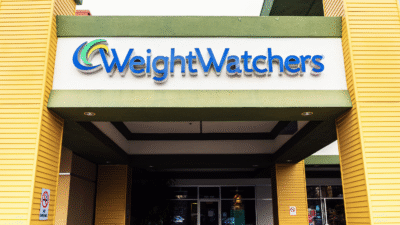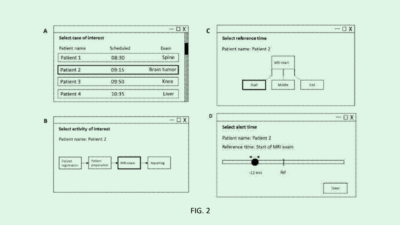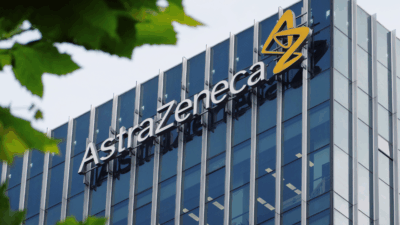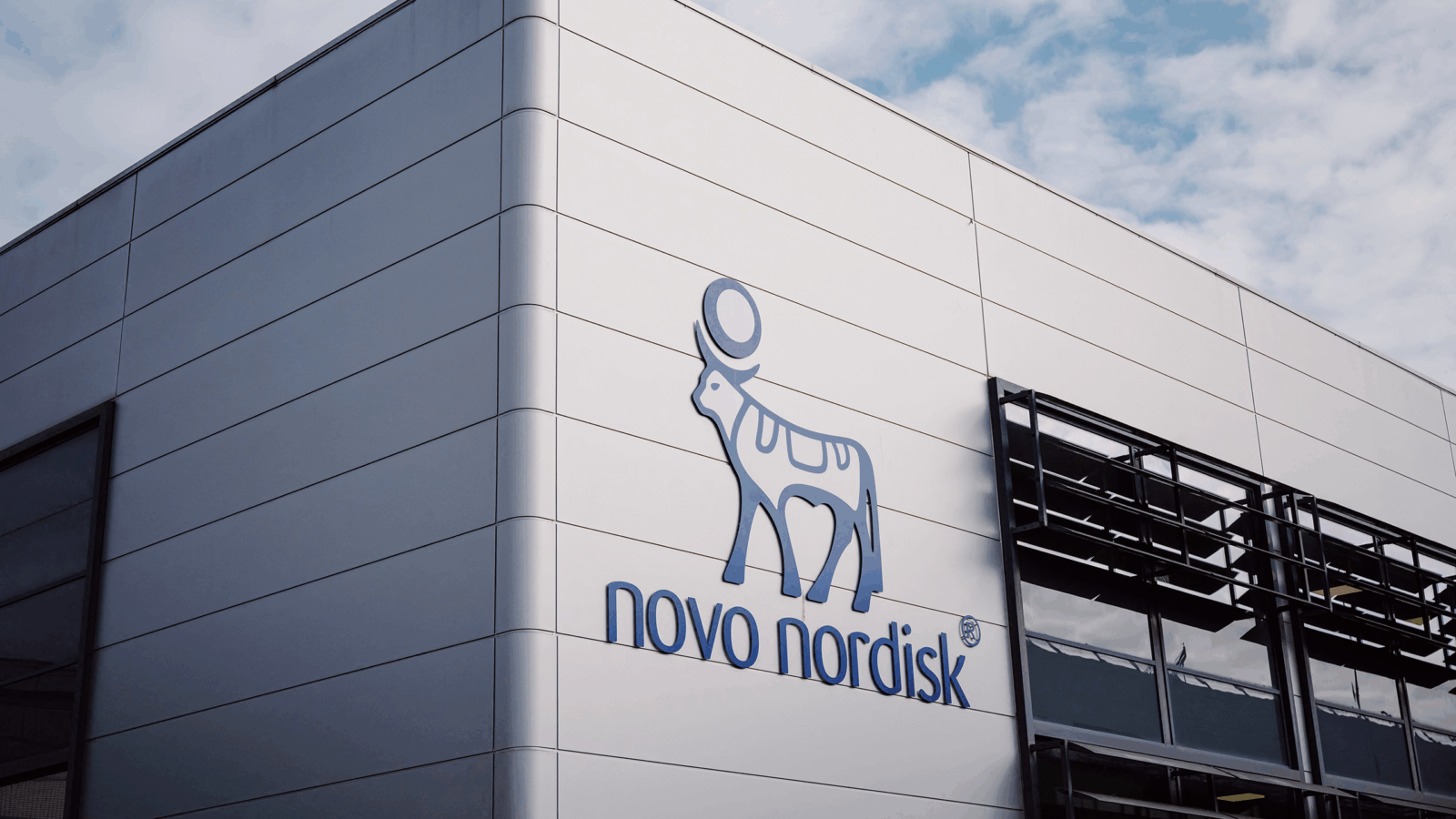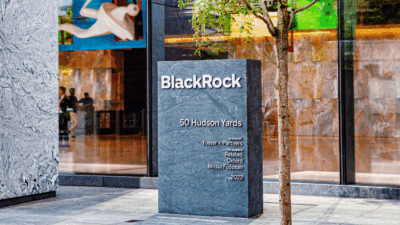Sign up for smart news, insights, and analysis on the biggest financial stories of the day.
Astrazeneca has received significant attention this year for its effort in the fight against coronavirus.
The British pharmaceutical titan announced on Saturday it is equally committed to rare diseases, agreeing to buy drug-maker Alexion Pharmaceuticals for $39 billion in cash and stock.
A Busy Year For AZ
After years of expiring patents allowed generic competition to snatch revenue from its biggest drugs, AstraZeneca has rebuilt itself as a cancer-drug powerhouse.
The pharma giant’s Covid-19 vaccine, which it developed in partnership with the University of Oxford, is currently under review by U.K. and European regulators and could be authorized for use in the U.K. within weeks.
Now, the company will now attempt to navigate a mammoth corporate merger with Boston-based Alexion:
- Most of Alexion’s $6 billion in annual sales are derived from one of the most expensive drugs in the world, Soliris, which treats a rare blood disorder. Soliris is expected to net $4.2 billion in global sales this year, according to FactSet.
- AstraZeneca execs say the rollup will help Alexion reach new markets, in particular China. The horizontal integration is expected to also strengthen profit margins by cutting infrastructure costs like distribution centers and office space.
Small Market, Big Money
Other pharmaceutical juggernauts have paid a king’s ransom to enter the rare diseases market:
- In 2017, Johnson & Johnson agreed to buy specialty drug-maker Actelion for $30 billion. Actelion’s drugs treat irregular heart conditions, central nervous system disorders, and other uncommon ailments.
- And in 2018, Takeda Pharmaceutical picked up U.K. biotech company Shire for $62 billion. Shire’s (now Takeda’s) hematology, immunology, and other drugs are available in over 100 countries.
Pharmaceutical manufacturers are drawn to rare-disease drugs as they don’t require a large sales force, and health insurers are willing to spend up on treatments only needed by members numbering in the single digits.
When The Patents Run Out: As for Alexion, its bread-and-butter drug Soliris has dwindling patent protection and could face competing treatments in coming years. Alexion is looking to convince doctors to switch patients to its new-and-improved “Ultomiris” to keep rival drugs at bay until at least 2030.

